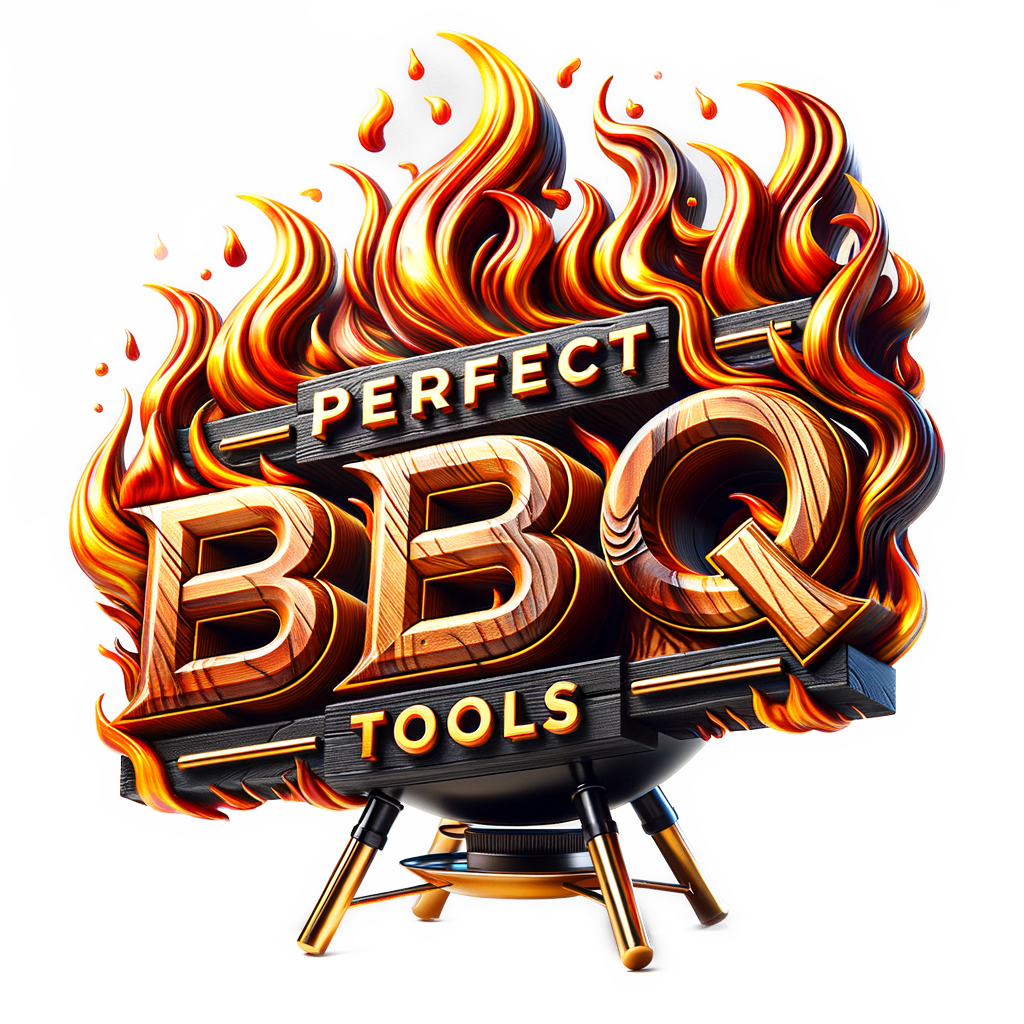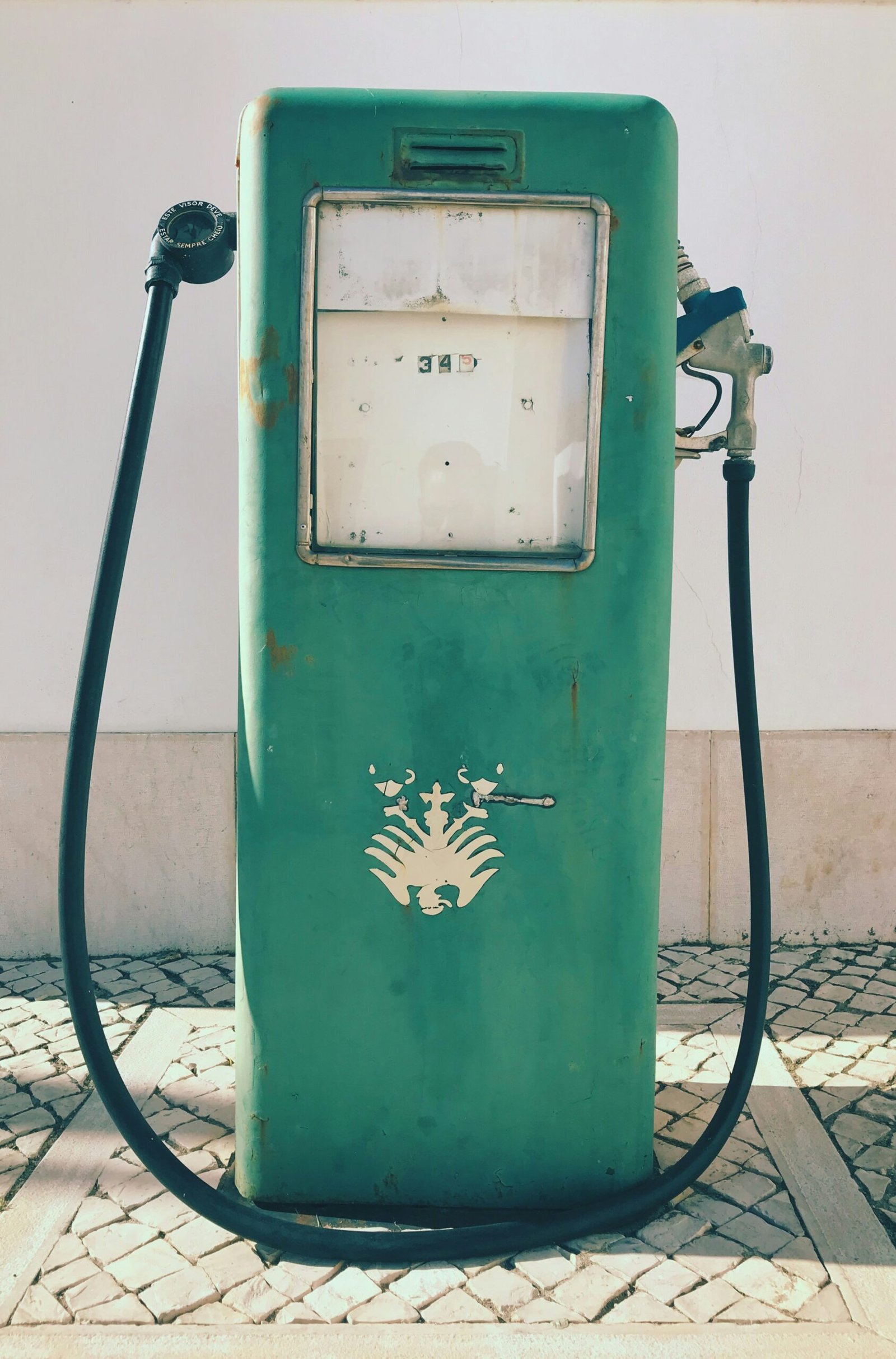Imagine standing in your backyard, the tantalizing smell of grilled burgers and sizzling steaks wafting through the air. As you prepare to fire up your barbecue, you can’t help but wonder: is it safe to use barbeque lighter fluid? In this article, we will explore this burning question and provide you with the information you need to make an informed decision about your grilling practices.
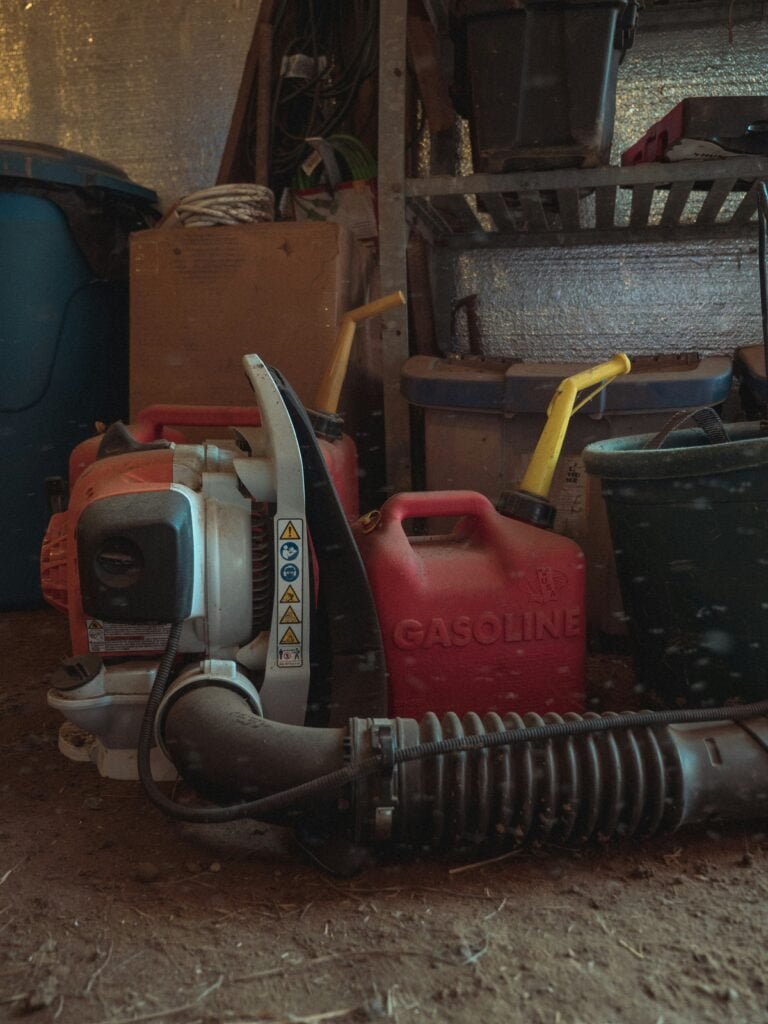
Understanding Barbeque Lighter Fluid
What is barbeque lighter fluid?
Barbeque lighter fluid is a flammable liquid specifically designed to aid in the ignition of charcoal or wood in a barbeque grill. It is typically applied to the stacked charcoal or wood before being lit, allowing for faster and more convenient fire starting.
Common materials used in lighter fluid production
Barbeque lighter fluid is usually composed of a mixture of chemicals such as petroleum distillates, solvents, and additives. These materials are carefully selected to optimize the flammability and ease of use of the lighter fluid.
Different brands of barbeque lighter fluid
There are numerous brands of barbeque lighter fluid available on the market, each offering various features and formulations. Some popular brands include Kingsford, Weber, and Zippo. It is important to choose a reputable brand that meets safety standards and has a good track record.
Potential Risks of Barbeque Lighter Fluid
Health effects of inhaling lighter fluid fumes
Inhaling fumes from barbeque lighter fluid can pose health risks. The fumes contain volatile organic compounds (VOCs) that can irritate the respiratory system and may lead to symptoms such as coughing, wheezing, and shortness of breath. Long-term exposure to these fumes may even cause more serious health issues.
Potential for accidental ingestion
Accidental ingestion of barbeque lighter fluid can occur, especially if it is stored in an unmarked or improperly labeled container. Ingesting lighter fluid can be extremely dangerous and toxic, potentially leading to nausea, vomiting, abdominal pain, and even organ damage. It is crucial to store lighter fluid out of the reach of children and clearly label all containers.
Risks of skin exposure
Direct contact of barbeque lighter fluid with the skin can result in irritation, redness, and potentially more severe skin reactions. If lighter fluid comes into contact with the eyes, it can cause irritation and damage as well. It is important to handle the fluid with caution, wearing protective gloves if necessary, and to promptly wash any exposed skin with soap and water.
Fire hazard risks
Lighter fluid is highly flammable and should be used with caution to prevent fire hazards. Improper handling or storage of lighter fluid can lead to accidents, such as spills or unintentional ignition. It is vital to follow proper safety guidelines and to keep a fire extinguisher nearby when using lighter fluid.
The Science behind Lighter Fluid Dangers
Toxic elements in lighter fluid
Certain chemicals found in barbeque lighter fluid, such as benzene and naphthalene, are known to be toxic to humans and the environment. These substances are released into the air when the fluid evaporates and can cause air pollution, respiratory issues, and even contribute to the formation of smog.
Impact of burning lighter fluid on air quality
When barbeque lighter fluid is burned, it releases smoke and pollutants into the air. This can result in poor air quality, especially in confined spaces or areas with limited ventilation. Breathing in this smoke may irritate the respiratory system and contribute to the development of respiratory conditions.
The danger of lighter fluid residue on food
If lighter fluid is not fully burned off during the barbequing process, it can leave behind a residue on the food. This residue may contain harmful chemicals that can be ingested when consuming the food. To mitigate this risk, it is important to ensure that the lighter fluid is fully burned off before placing the food on the grill.
Effects on the Environment
Environmental impacts of lighter fluid manufacture
The production and disposal of barbeque lighter fluid can have negative environmental effects. The extraction and processing of petroleum used in lighter fluid production contribute to greenhouse gas emissions and other forms of pollution. Additionally, improper disposal can contaminate soil and water sources, further harming the environment.
Harmful emissions from burning lighter fluid
When barbeque lighter fluid is burned, it emits air pollutants such as carbon monoxide and nitrogen dioxide. These pollutants not only contribute to air pollution but can also have detrimental effects on climate change and human health. It is essential to be aware of these emissions and take steps to minimize their impact.
Ways in which disposing of lighter fluid affects the environment
Improper disposal of lighter fluid can have severe consequences for the environment. Pouring lighter fluid down drains or discarding it in regular trash can lead to water and soil contamination. It is crucial to dispose of lighter fluid properly by following local regulations or using designated hazardous waste facilities.
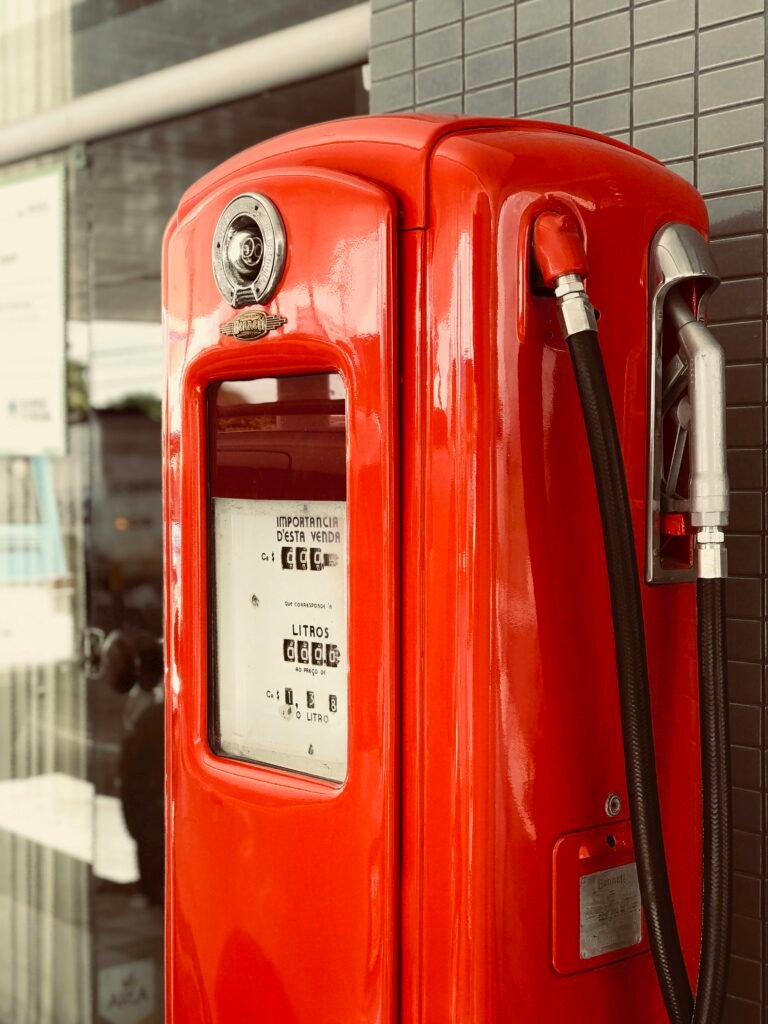
Alternatives to Using Barbeque Lighter Fluid
Natural alternatives for lighter fluid
There are several natural alternatives to lighter fluid that are safer for both human health and the environment. Some options include using chimney starters, which rely on newspaper and airflow to ignite the charcoal, or using paraffin wax starters that are made of natural materials and help facilitate the ignition process.
Benefits of propane grills over charcoal
Propane grills, which use propane gas as a fuel source, offer a safer and more convenient alternative to charcoal grills. Propane grills eliminate the need for lighter fluid altogether, reducing the associated risks. Additionally, propane grills allow for more precise temperature control and faster heat-up times.
Using electric starters or chimney starters
Electric starters and chimney starters are effective alternatives to lighter fluid. Electric starters use heat coils to ignite charcoal, while chimney starters use airflow and newspaper to get the charcoal burning. These methods eliminate the need for lighter fluid and provide a safer and more environmentally friendly way to start the grill.
How to Safely Use Lighter Fluid
Correct handling and storage of lighter fluid
To ensure safe use of barbeque lighter fluid, it is important to handle and store it properly. Always keep the fluid in its original, tightly sealed container and store it in a cool, well-ventilated area away from heat sources and open flames. Additionally, keep the fluid out of reach of children and pets to avoid accidental ingestion or spills.
Safe use techniques for lighting charcoal
When using lighter fluid to light charcoal, follow the manufacturer’s instructions and safety guidelines. Apply a small amount of lighter fluid to the charcoal, avoiding excessive use. Allow the fluid to soak in for a few minutes before carefully igniting the charcoal using a long-handled lighter or match. Avoid leaning over the grill during ignition and give any excess fumes time to dissipate before grilling.
Steps to take in case of an accident
In the event of a spill or accidental ingestion of barbeque lighter fluid, it is important to take immediate action. If lighter fluid comes into contact with the skin, wash the affected area thoroughly with soap and water. For spills, clean up the area carefully, avoiding any ignition sources. If lighter fluid is ingested, seek medical attention immediately or contact your local poison control center for guidance.
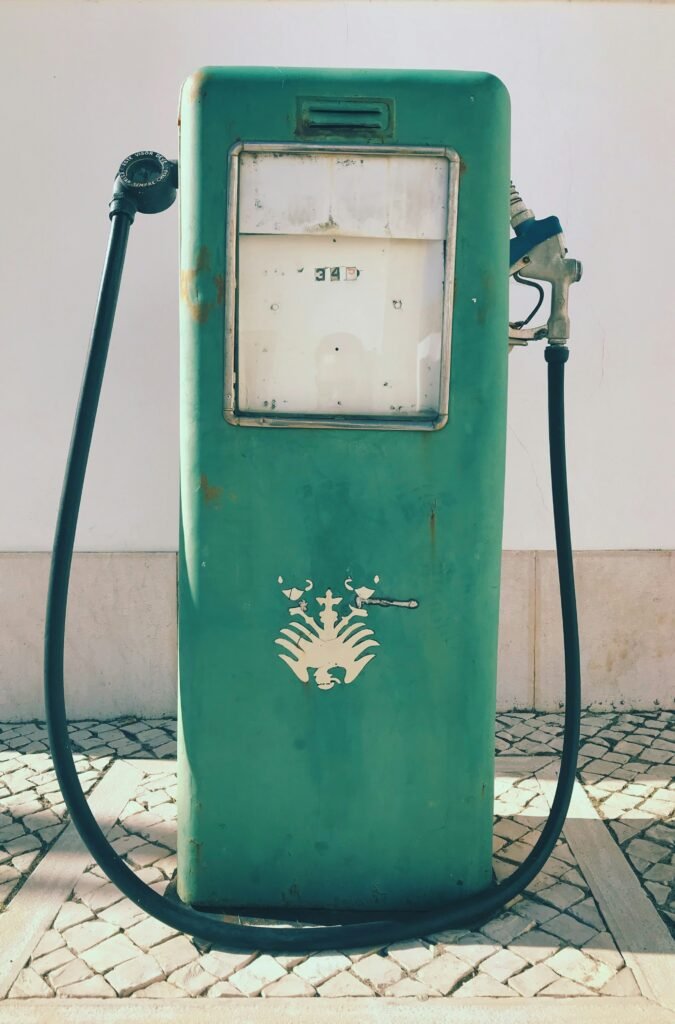
Regulations and Standards Surrounding Lighter Fluid
National and international regulations for lighter fluid
Many countries have established regulations and standards concerning the manufacturing, labeling, and use of barbeque lighter fluids. These regulations aim to ensure the safety of consumers and minimize the potential risks associated with the product. It is essential to comply with these regulations and adhere to any specific guidelines provided by local authorities.
Standards for lighter fluid manufacture and usage
Various organizations and regulatory bodies, such as the American Society for Testing and Materials (ASTM) and the European Chemicals Agency (ECHA), have established standards for the manufacture and usage of lighter fluids. These standards cover aspects such as chemical composition, labeling requirements, and safety guidelines to protect consumers and the environment.
Penalties for non-compliance with lighter fluid regulations
Non-compliance with the regulations and standards for lighter fluid can result in penalties and legal consequences. Manufacturers and distributors found to be producing or selling non-compliant products may face fines, product recalls, or even legal action. Consumers should be aware of these regulations and choose lighter fluid products that meet the necessary standards.
Professional Opinion on Lighter Fluid Use
Views of culinary experts on using lighter fluid
Culinary experts have varying opinions on the use of barbeque lighter fluid. Some argue that when used properly and in moderation, lighter fluid can be a convenient and effective option for starting the grill. However, many experts also advise caution, emphasizing the potential health risks and environmental impacts associated with lighter fluid.
Health professionals input on lighter fluid safety
Health professionals generally advise against the use of lighter fluid due to the potential risks it poses to human health. They highlight the adverse respiratory effects and other health concerns associated with inhalation, ingestion, or skin exposure to lighter fluid. Health professionals recommend exploring safer alternatives to minimize these risks.
Environmentalists take on the lighter fluid debate
Environmentalists express concerns about the environmental impact of barbeque lighter fluid. They stress the need to reduce air pollution, protect water sources, and promote sustainable practices when it comes to outdoor cooking. Many environmentalists advocate for natural alternatives to lighter fluid or alternative grilling methods to mitigate the negative environmental effects.
The Myth Vs Facts Surrounding Lighter Fluid
Common misconceptions about barbeque lighter fluid
One common misconception about barbeque lighter fluid is that it is completely safe to use in any quantity. Another misconception is that all lighter fluids are the same, regardless of the brand or formulation. These misconceptions can lead to a lack of awareness regarding the potential risks associated with lighter fluid usage.
Debunking myths with scientific facts
Scientific facts and research can help debunk these misconceptions surrounding barbeque lighter fluid. Studies have shown that the chemicals present in lighter fluid can indeed pose health risks and contribute to environmental pollution. Understanding these scientific facts is crucial for making informed decisions about the use of lighter fluid.
Understanding real dangers versus perceived risks
While it is important to acknowledge the real dangers of barbeque lighter fluid, it is also essential to recognize that some risks may be perceived or exaggerated. With proper handling, responsible usage, and consideration of alternative options, the risks associated with lighter fluid can be minimized. It is crucial to strike a balance between enjoying barbequing and prioritizing safety.
Conclusion: Is It Safe to Use Barbeque Lighter Fluid?
In conclusion, the use of barbeque lighter fluid presents potential risks to both human health and the environment. It is important to understand these risks and take appropriate measures to mitigate them. Considering alternative methods such as natural fire starters, propane grills, or chimney starters can provide safer options for igniting the grill.
Before using barbeque lighter fluid, carefully assess the need for its use and consider the benefits and drawbacks. Pay attention to safety guidelines, regulations, and standards to ensure responsible usage. Personal safety measures such as proper handling, storage, and prompt action in case of accidents are essential for minimizing risks.
Ultimately, the decision of whether to use barbeque lighter fluid rests with the individual, weighing the convenience and familiarity against the potential risks. By staying informed, exploring alternative options, and prioritizing safety, you can make an informed choice that aligns with your needs and concerns.
